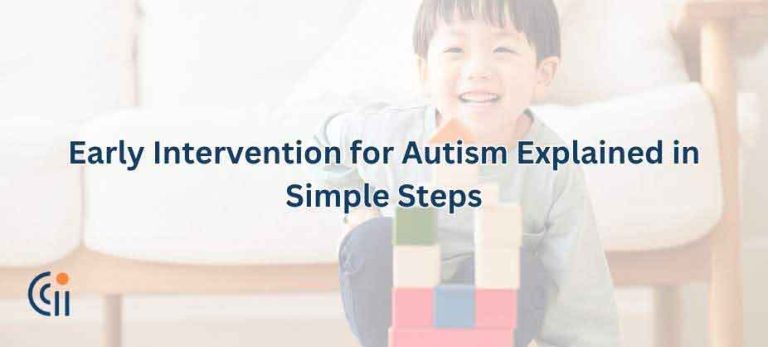Autism Spectrum Disorder (ASD) is a complex neurodevelopmental condition that manifests in various ways, making each individual’s experience unique. One aspect that has gained increasing attention in recent years is masking. Masking is where individuals with autism mimic or hide their true thoughts and emotions, often adopting behaviors that may seem typical to others. In this blog post, we’ll delve into the concept of masking, explore its impact on individuals with autism, and discuss how parents can navigate this challenge with the support of resources like Circle City ABA.
Unveiling the Mask: What Is Masking in Autism?
Masking in autism involves the conscious or subconscious effort of an individual to imitate neurotypical behaviors, often at the expense of their well-being. This coping mechanism is employed to fit into social norms and expectations, but it can come with significant challenges. Many individuals with autism may find masking exhausting, leading to increased stress, anxiety, and even mental health issues.
Impact of Masking on Individuals with Autism
- 1. Mental Exhaustion: Constantly suppressing one’s natural tendencies and adopting behaviors that do not come naturally can be mentally draining.
- Social Isolation: Masking individuals may struggle to form genuine connections because they fear revealing their true selves and worry about being misunderstood.
- Emotional Toll: Masking can contribute to heightened levels of stress and anxiety, impacting emotional well-being.
- Delayed Diagnosis: Masking may make it difficult for professionals to recognize autism in some individuals, leading to delayed diagnosis and intervention.
Parental Approaches to Masking
Understanding and addressing masking is crucial for parents of children with autism. Here are some strategies parents can employ:
- Build Trusting Relationships: Foster open communication and trust to create a safe space where your child feels comfortable expressing their true thoughts and emotions.
- Educate Yourself: Learn about the signs of masking and how it may manifest in your child. Being informed will empower you to support your child more effectively.
- Encourage Self-Expression: Provide opportunities for your child to express themselves in a supportive environment. This can be through art, writing, or other creative outlets.
- Seek Professional Guidance: ABA (Applied Behavior Analysis) therapy can be instrumental in addressing masking behaviors. Circle City ABA, a leading provider of ABA services, offers tailored interventions to help individuals with autism navigate social situations authentically.
Circle City ABA: A Valuable Resource for Parents
Circle City ABA understands the unique challenges that come with autism, including masking behaviors. Here’s how our services can benefit parents:
- Specialized ABA Programs: Circle City ABA designs personalized ABA programs to target specific behaviors, including masking. Our experienced Board Certified Behavior Analysts (BCBAs) work closely with individuals with autism to build essential skills for social interactions.
- Parent Training and Support: Circle City ABA recognizes the role parents play in a child’s development. We offer training and support to parents, equipping them with the tools and knowledge needed to address behaviors effectively.
- Collaborative Approach: The team at Circle City ABA believes in a collaborative approach involving parents in the treatment process. This ensures that interventions are consistent across various settings, maximizing their effectiveness.
Understanding and addressing masking in autism is a journey that requires patience, empathy, and support. As parents, recognizing the signs, implementing effective strategies, and seeking professional assistance can make a difference in helping your child navigate social interactions authentically. Circle City ABA stands as a valuable resource, providing tailored interventions and support to empower both individuals with autism and their families on this journey toward genuine self-expression and connection.
Get Started with Circle City ABA
At Circle City ABA, we believe that ABA therapy should be where children can thrive. We are proud of our values of play, progress, and passion, which are the key to our success. When families come to us, we promise to create a nurturing and welcoming environment where children can learn, grow, and have fun. We strive to be more than just an ABA provider – we want to be a partner in progress. Contact us today and experience the Circle City ABA way! We serve Arizona, Georgia, Indiana, Iowa, and Nebraska.



